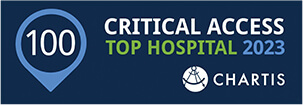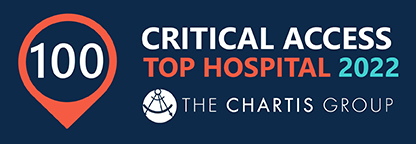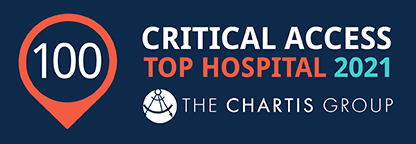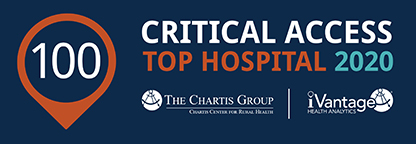-
For Patients
For Patients
 Our goal is to provide the highest possible standard of health care. This standard is reflected by the state-of-the-art technology available for diagnostic purposes, as well as our caring attitude toward each patient. At WRHS you receive "big city" medical treatment with small town friendliness and individual caring.
Our goal is to provide the highest possible standard of health care. This standard is reflected by the state-of-the-art technology available for diagnostic purposes, as well as our caring attitude toward each patient. At WRHS you receive "big city" medical treatment with small town friendliness and individual caring. -
For Visitors
For Visitors
Links below for your convenience.
-
Stay Connected








